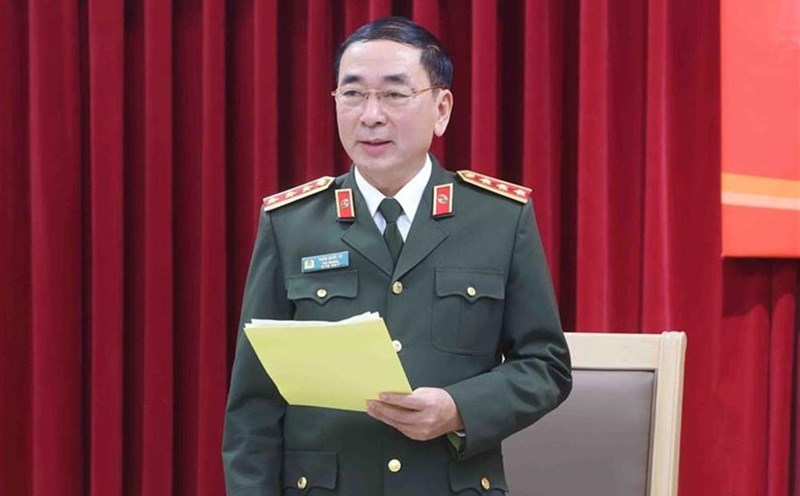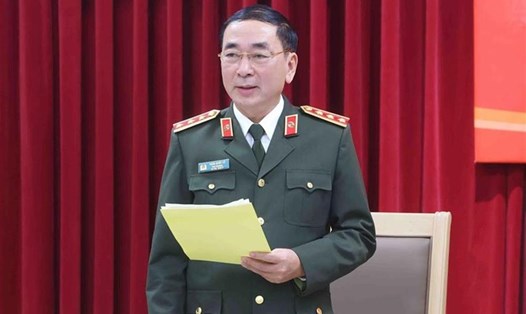On March 2, the Government Office informed that Politburo member and Prime Minister Pham Minh Chinh has just signed Directive No. 05/CT-TTg on key and breakthrough tasks and solutions to promote economic growth and accelerate the disbursement of public investment capital, ensuring the national growth target of 8% or more in 2025.
In this Directive, the Prime Minister mentioned a very important idea, which is that the Ministry of Home Affairs should continue to research, propose, and have a mechanism to remove from the apparatus those who do not have enough capacity and qualities.
It is known that one of the opportunities of this apparatus streamlining revolution is that agencies and units will be restructured and the quality of the team of cadres, civil servants and public employees will be improved. Those who are good at what they do, who can prove their abilities and do the job should continue. Those who are weak in capacity, lazy, ineffective in their work, have the habit of being afraid and shirking responsibility... should take a break and take a break to make room for others. That is fair and in line with the laws of motion of life and society.
However, how to objectively and fairly identify who is capable and who is "sitting in the wrong place" is not simple.
Because civil servants, no one admits to being weak or lacking capacity in front of the organization. And there are many units that have allowed the situation of respect, cover-up, and even group interests to occur when evaluating cadres, making screening a formality.
When Prime Minister Pham Minh Chinh requested the Ministry of Home Affairs to "have a mechanism", this means that there needs to be a unified set of regulations, processes, and principles to classify cadres and civil servants. The ultimate goal is to improve the quality of the team, while ensuring fairness and avoiding arbitrariness.
And to do this substantially, there needs to be a clear, consistent, and transparent mechanism throughout the entire human resource management process with fundamental solutions.
In particular, civil servants must also apply the enterprise model, with each job position needing to describe the functions and tasks in detail, along with the work efficiency measurement index (KPI) - from professional capacity to attitude and sense of responsibility.
The results of the periodic assessment must be reported transparently and supervised independently. If to evaluate emotions, it is easy to have internal cleaning or keep chairs for relatives.
When it is determined that the cadre is not qualified or violates ethics, there must be a clear handling process, from warning, transferring positions to forcing him to quit. Avoid "turning around" the lining or supporting to avoid responsibility.
More importantly, the leader's responsibility to explain. If the agency "holds" cadres who do not meet the requirements and cause stagnation, the head must be the first to take responsibility.
Above all, it is necessary to build a standard public service culture, with the spirit of rewarding good people, eliminating weak people, as well as creating a "barrier" to prevent delegation and negotiation.
Hopefully, with the Prime Minister's request, in the coming time, "taking unqualified people out of the apparatus" will become a reality so that the state apparatus is stronger, serving the people more effectively, making a practical contribution to socio-economic development in the "new era" with many requirements and challenges ahead.











